Car Maintenance: 11 Crucial Tips to Keep Things Running
-
Ed Malaker
- Last updated:
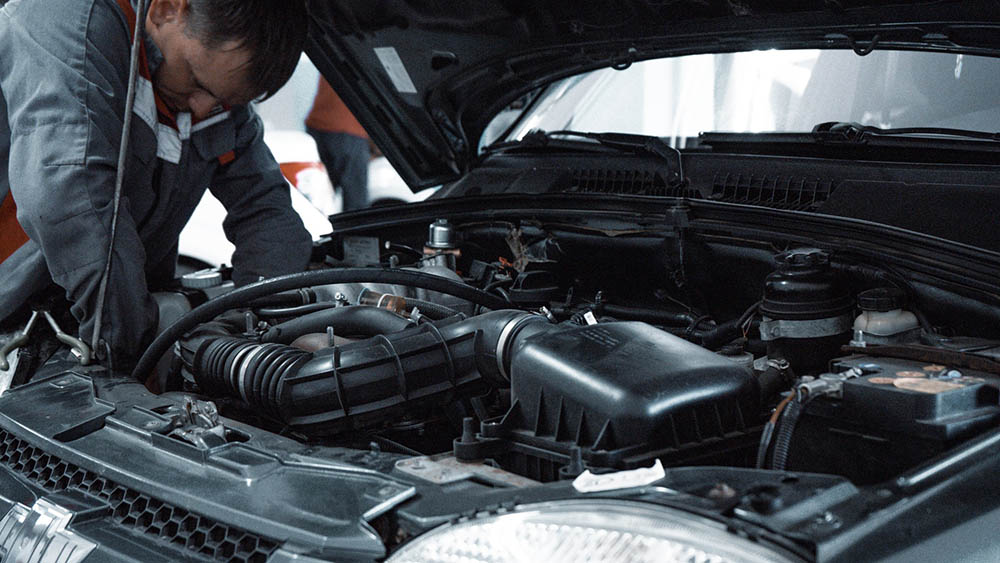

If you have recently purchased a new car, you will undoubtedly be in debt for the next several years and want to do all you can to keep things running so you don’t add any extra expenses to your bill. If this sounds like your situation and you would like to know some things you can do to keep up with your car as well as some early warning signs to look for, keep reading while we answer all of your questions and help you keep repair bills to a minimum.

Car Maintenance Tips
1. Check Fluid Levels
The first thing you want to do is check your fluid levels frequently to ensure they are always full. Low fluids can cause damage to the engine or put your safety at risk. To check your fluids, get some old rags that you can get dirty, and check your owner’s manual for the location of each of the following items.
Windshield Washer Fluid
Windshield washer fluid isn’t essential, but you will be glad you have it when you need some. Your window can get quite dirty, especially in areas that get snow, because the dirt from the road mixes in and splashes up on our windshield when you are driving behind someone. It can become impossible to see, so a lack of windshield washer fluid can be a safety hazard. You can find Windshield washer fluid in most grocery stores and all auto shops. You can use any kind, and there is even a de-icing liquid that you can use if you live in a col environment.
Coolant
Coolant is essential to the operation of your engine, and if it gets too low, your engine can overheat, causing damage to the metal and components. Radiator fluid is under pressure and can get extremely hot, so you should never open the cap directly. Instead, most cars have an overflow reservoir that you can use to monitor fluid in the radiator. It should have a “fill to here” line visible on the side, and if the fluid is below that line, you will need to add some. The radiator takes antifreeze, and you can use any kind, but you will want to read the instructions carefully because you need to mix some brands with water. Use caution when using and storing antifreeze because it is extremely toxic to animals and has a sweet scent that might attract them.
- If you need to fill the coolant frequently or smell the distinctive odor of antifreeze while driving, it could be a sign there is a leak in your coolant system, and we recommend taking it to a mechanic to have it checked.
Power Steering Fluid
Power steering fluid is another fluid you should frequently check because if it gets too low, it can affect your steering, making the car dangerous to drive. Power steering usually has a large dial that opens to expose a short dipstick. You can wipe off the dipstick with a clean rag, replace the cap, and remove the cap again for an accurate reading. If the fluid is below the line marked on the stick, you will need to add some. Grocery stores usually have power steering fluid, but there will be less selection, and it will be more expensive than an auto store.
- If you need to keep refilling the fluid or you hear a whining sound when you turn that almost sounds like a remote control car, you might have a leak in your steering system that can incapacitate your car, so we recommend having it checked immediately by a qualified mechanic.
Brake Fluid
Brake fluid is a clear fluid, and you check the level by removing the cover. Different models have different methods for removing the top, so you will need to check your owner’s manual for the instructions for your car. Brake fluid is easy to find in most grocery stores and auto stores.
- If your brake fluid gets too low, you will lose your brakes. If you need to keep refilling your brake fluid, it could be a sign of a leak in the braking system, and we highly recommend getting it looked over by a qualified mechanic.
2. Check Lighting

There are several light bulbs in your car, all of which will require changing from time to time. We recommend setting aside time each season to check all of your lights and replace any that don’t work. You will need to consult with your owner manual for instructions to change the headlights and taillights and know the replacement bulb number you will need at the auto store. Remember to check other bulbs, like the overhead and the one in the glove box.
- Light bulbs that burn out quickly can be a sign that moisture is getting into the headlight assembly.
3. Change the Oil
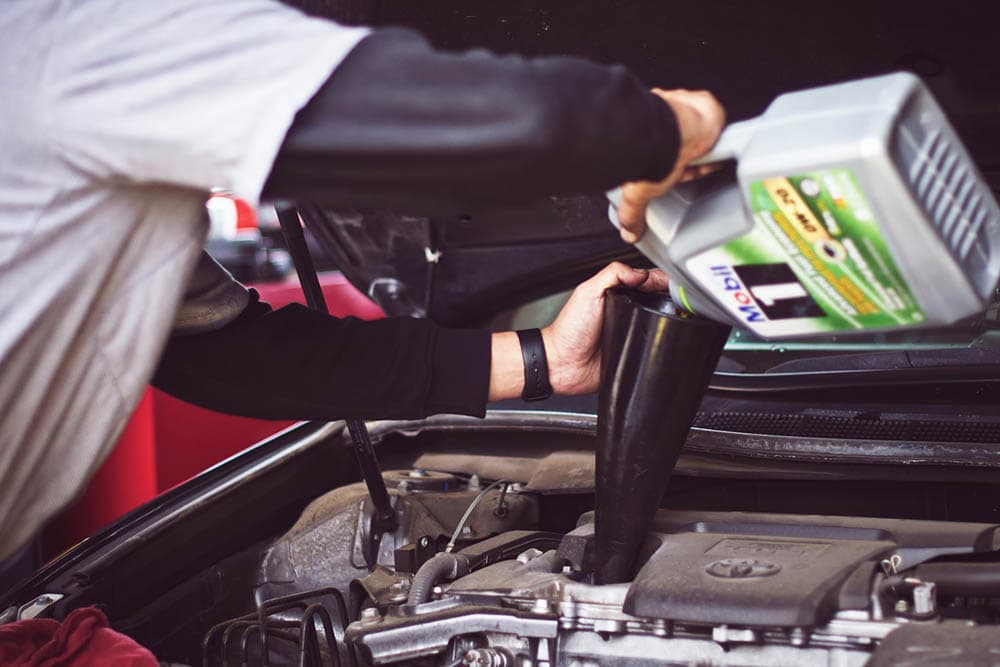
While it’s not difficult to change your oil, most people choose to take it into the shop. While taking it to the shop is a good choice, you will need to be vigilant about watching your mileage so you can schedule an appointment every 3,000 miles to help keep your engine from getting damaged.
4. Wash and Wax
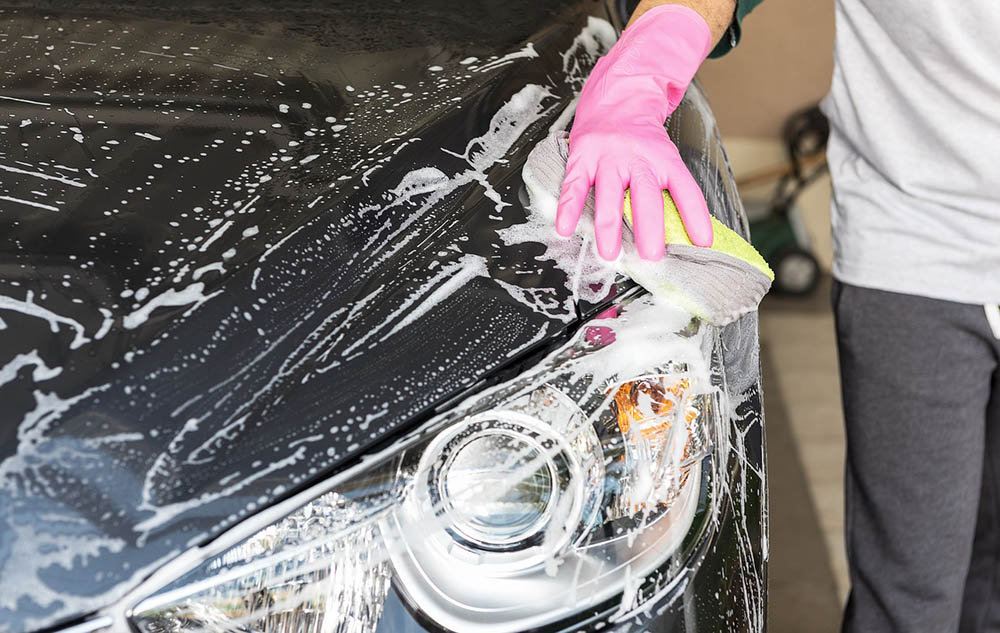
Washing and waxing your car might seem cosmetic, but it’s a vital part of car maintenance. Dirt can clump on your car, causing scratches, and many trees release sap that can damage your finish if allowed to sit. Regular washing will remove these contaminants and prevent them from damaging your car. Waxing is also essential because the resins in wax harden to create a tough shell that protects your paint. Wax also reduces the effects of UV lighting on the color of your car.
5. Inspect the Tires
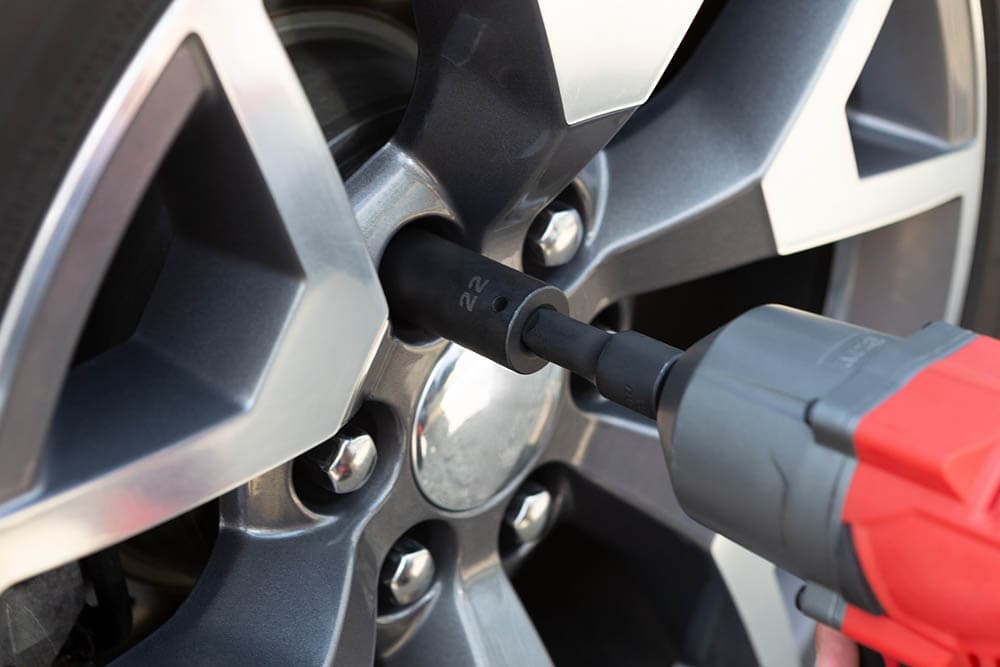
We recommend checking your tires frequently for damage and signs that the tire pressure needs adjustment. Many modern cars monitor the pressure inside the tires, but if your car is a few years old, you will need to use a tire gauge to check it. There’s also a tire gauge built-in to most air machines that you will use to add air. Consult your car’s owner’s manual to get the correct pressure for the tire. It’s also listed on the side of the tire if you look carefully.
- We also recommend checking the treads on the tire, and if there is uneven wear, it could be a sign that there is a problem. Wear in the middle of the tire suggests excess air pressure, and wear on the outside means too little. Wear on one side of the tire can signify an alignment problem.
- To make sure your tire has enough tread, you can do the penny test. This test requires you to insert a penny headfirst into the tire treads. If the rubber reaches Lincoln’s forehead, your tires are good. If it doesn’t reach the hairline, it’s time for a new tire.
6. Fuel Additives
Fuel additives like dry gas and fuel injector cleaner can help keep your engine running smoothly. They can also help you store your car for several months without the fuel going bad. Most products are easy to use and require you to add one bottle to a full tank of gas. You can add these products as often s you think you need to, but once per season should be plenty.
7. Check Door Gaskets and Other Seals
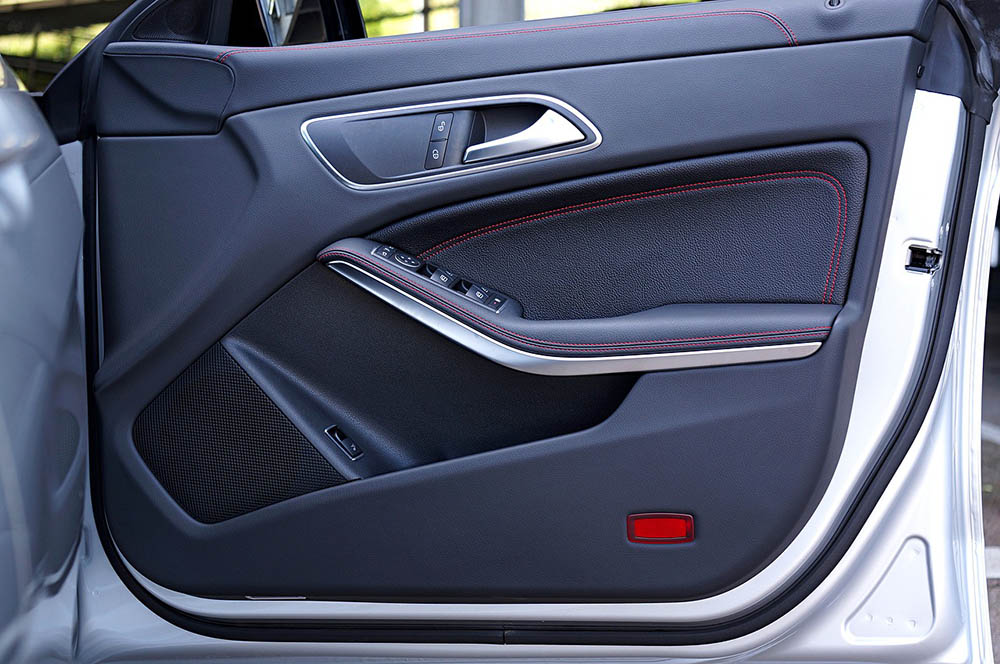
All of your doors and windows have soft gaskets around them that help keeps moisture and noise out. These gaskets can deteriorate over time due to heat, sunlight, and other environmental factors, so you must check them frequently for signs of wear like cracking and tearing and replacing them as needed. You can usually purchase new gaskets at an auto store or online.
8. Change the Air Filter
Most newer cars have a built-in air filter that helps remove pollen and other small particles from the air as it enters the car through the ventilation. These filters need to be changed to stay effective. You can purchase new filters online or at an auto parts store, and you can find the correct replacement part in your owner’s manual.
9. Change the Windshield Wiper Blades
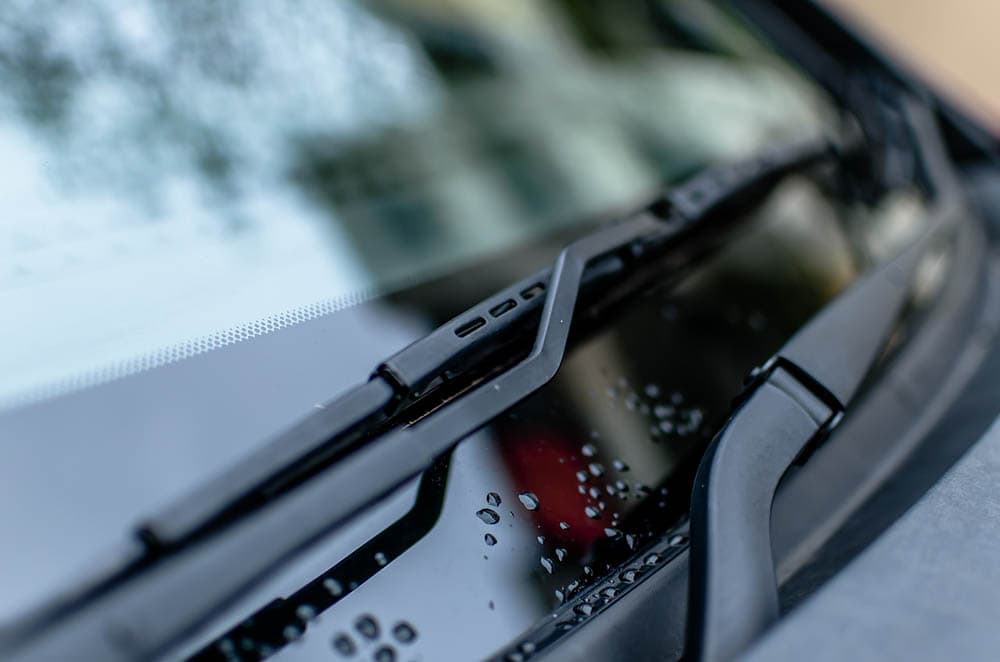
Windshield wipers deteriorate quickly, especially in the winter, from scraping across the ice that can build up on your window. Faulty wiper blades can make it difficult to see and dangerous to drive, especially in heavy rain or a snowstorm. We recommend changing your windshield wiper blades every spring for maximum visibility during bad weather.
10. Test the Battery
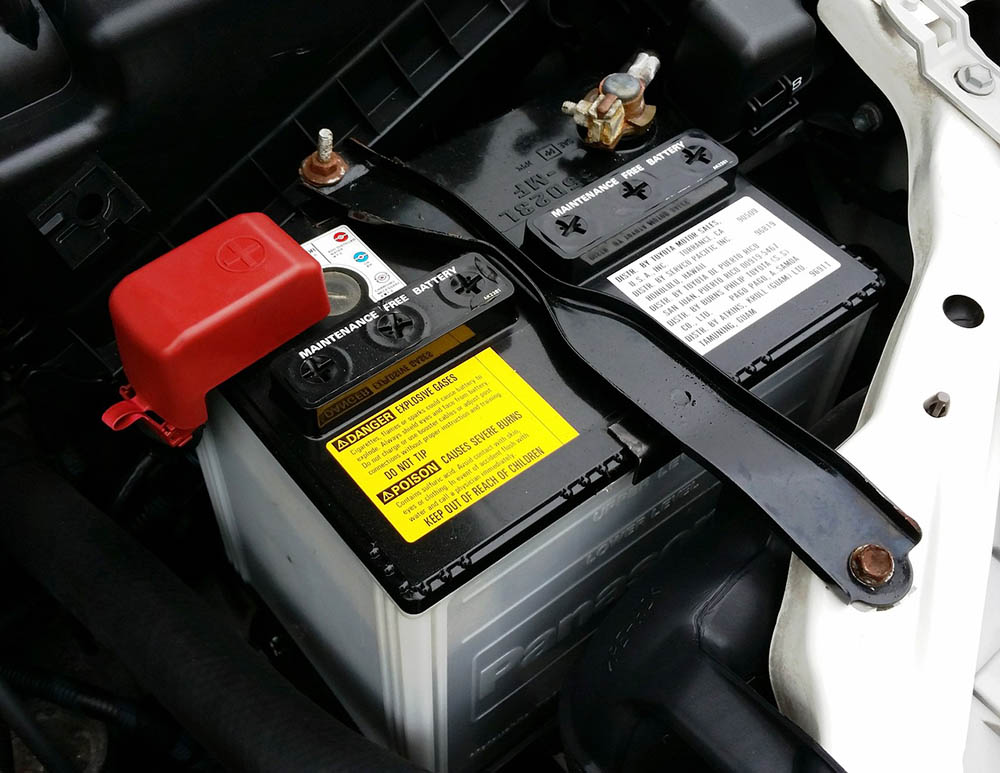
You can take your car to one of the big chain auto stores and have them test your battery at any time. The test will tell you how much life is left in your battery so you can plan to get a new one. We recommend checking your battery every fall to make sure it’s ready for the winter. The representative at the store will tell you if you need a new battery.
11. Clean Camera Lens
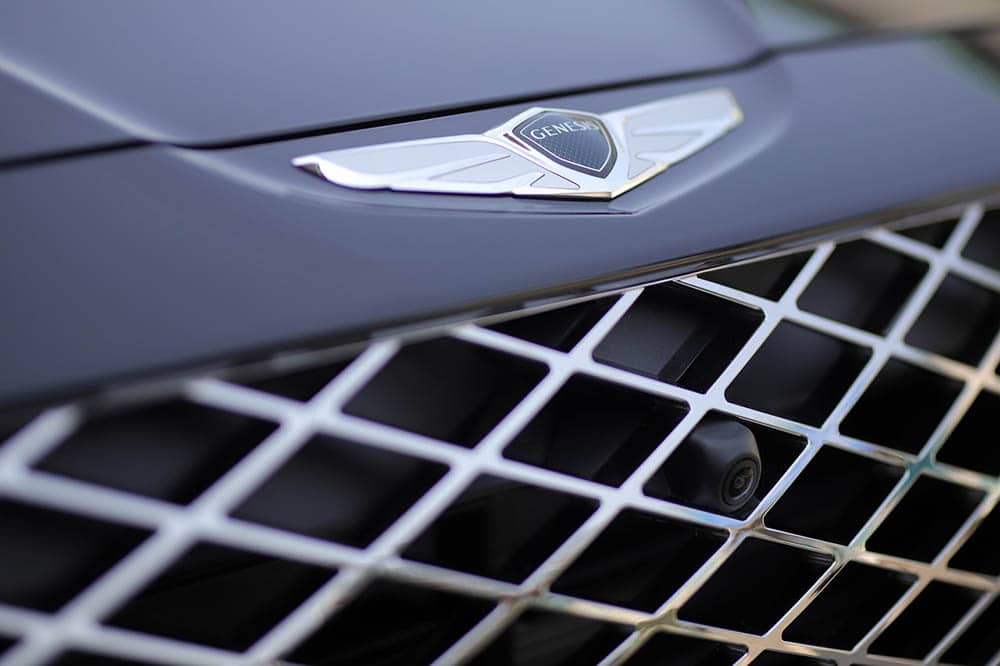
Many newer cars have one or more built-in cameras that help you when you back up and let you know when there’s traffic in your blind spot. The lens on these cameras can get dirty like any other and need cleaning to provide you with the clearest image possible. We recommend locating the cameras on your car so that you can clean them once per month and any time you notice dust or other debris.

Summary
As you can see, there are several things you can do to help keep your car running smoothly. Each item on this list is vital to the proper operation of your car and learning these steps can help you keep it running longer.
We hope you have enjoyed reading over this list, and it has helped answer your questions. If we have helped you keep your car looking new, please share these crucial tips to keep your car running on Facebook and Twitter.
Featured Image Credit: Kate Ibragimova, Unsplash
Contents
